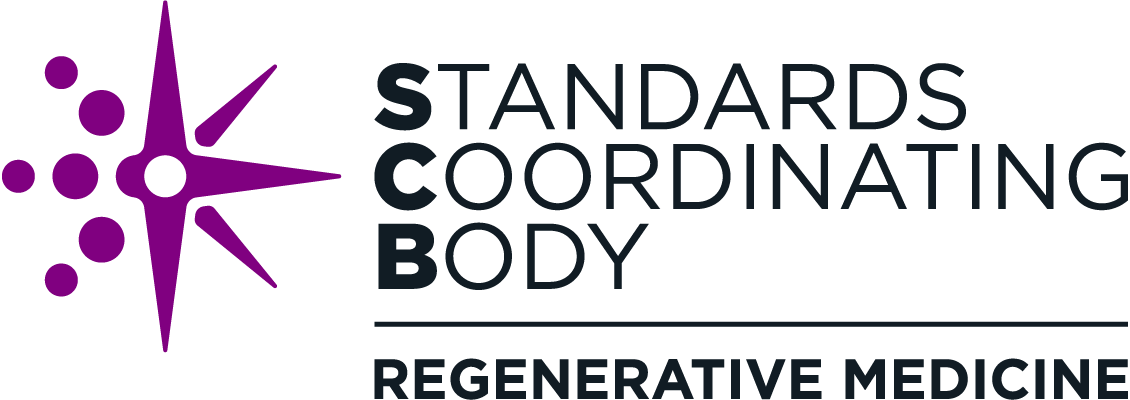Nexight Group and SCB Hold Webinar on Regenerative Medicine Standards
Washington, DC (December 30, 2017) — In December 2017, Nexight Group and SCB held the first in a series of webinars aimed at increasing the awareness of available and potential standards and their benefit to the regenerative medicine community. As part of the FDA-funded project to identify process recommendations and criteria to identify and prioritize standards needs and advance standards for regenerative medicine therapies, the The Need for Standards in Regenerative Medicine webinar featured case studies demonstrating how the development of standards positively influenced work in two different fields of regenerative medicine.
SCB’s Operations Program Manager Allison Getz kicked off the webinar with an overview of the different types of standards and the standards development process. Additionally, Getz discussed how standards can enable life-changing treatments by transforming product development, contributing to regulatory predictability, and synergizing the efforts of stakeholders to bring regenerative medicine therapies to market.
To further illustrate the impact of standards, Heidi Hagen, Chief Strategy Officer and Co-Founder of Vineti, presented a case study centered on applying labeling standards in the autologous cell therapy industry. The growth of the industry, including rapid commercial expansion into Europe and increasing numbers of clinical trials, has brought about concerns regarding chain of custody / chain of identity (COC/COI). With increasing numbers of different stakeholders and locations employing varying procedures and practices, labeling standards have become critical to ensuring accuracy and traceability. Hagen outlined how developing labeling standards flexible enough to accommodate all stakeholders and data across the entire value chain can increase product safety and process efficiency, as well as provide patients with broader access to life-changing medical treatments.
Anthony Ratcliffe, Chief Executive Officer of Synthasome, followed Hagen’s presentation with a case study outlining the impact of standards within the field of osteoarthritis and articular cartilage. Because few cartilage repair methods or products are marketed in the United States, evaluating, assessing, and comparing new technologies or products—including those tested in international clinical trials—for regulatory approval can be challenging. Since standards provide a rational approach for assessing and comparing technologies, the FDA relied on ASTM standards as a major resource when creating guidance for developing cartilage repair products. Ratcliffe highlighted how the use of standards substantially increases the efficiency of product development and regulatory submission.
Nexight Group and SCB will continue the webinar series with the Overview Of Standards For The Regenerative Medicine Landscape webinar, which introduces The Regenerative Medicine Standards Landscape and features a case study on sterility testing requirements. To attend future webinars or to learn more about how you can get involved in regenerative medicine standards development, contact SCB or sign up for our e-newsletter (below).
